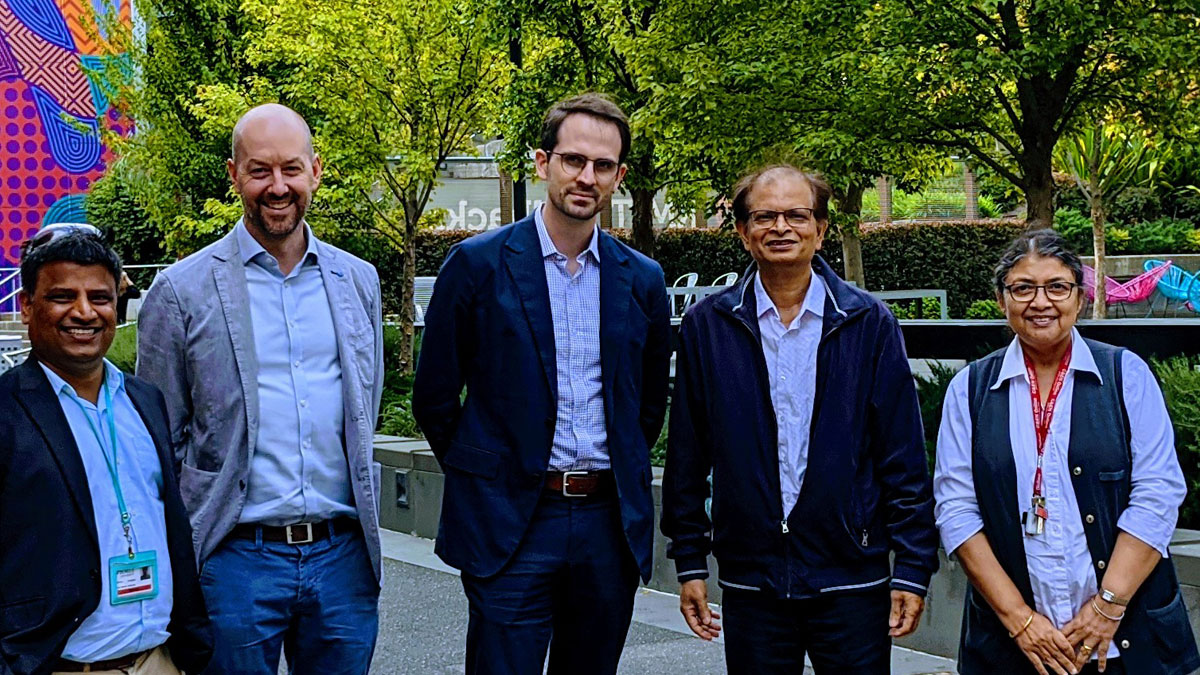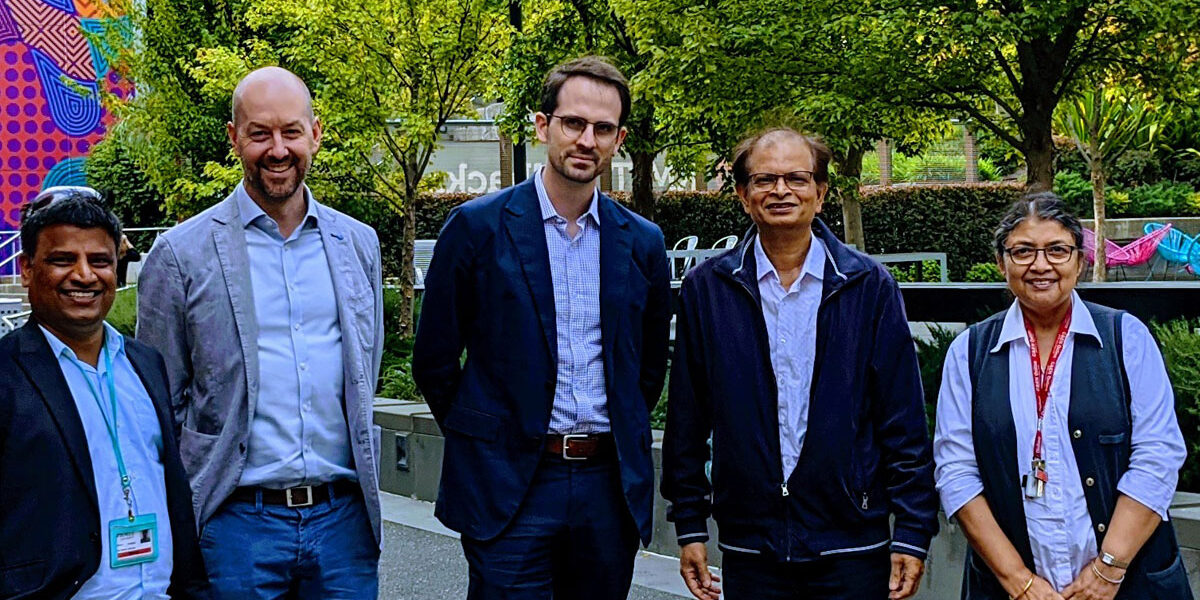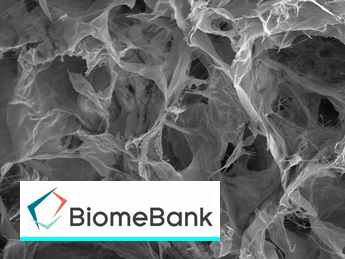BiomeBank
Hydrogel-based perfusion bioreactor to engineer stable gut microbial composition

Research partner
RMIT University
Total Project Value (AUD)
$613,638
IMCRC Funding (AUD)
$99,317
Start date
15/03/2021
Duration
1.3 years
Clinical stage biotechnology company BiomeBank specialises in Faecal Microbiota Transplantation (FMT) therapy, which involves transplanting the microbial community from a healthy donor into a person with chronic disease. By traditionally taking individual stool samples, extracting the bacteria under anaerobic conditions, mixing it with excipients before freeze drying and encapsulating the end product for oral ingestion, BiomeBank has helped many patients restore their gut microbiome.
To reach more patients and overcome the current production limitations of donor-derived FMT therapy, BiomeBank needed to investigate whether it could co-culture the extracted bacteria in a single bioreactor capable of replicating the complexity of the gut microbiome, thereby reducing costs and creating efficiencies.
“The aim of this bioreactor is to be able reliably produce a complex microbial community of human gut organisms at scale. This has potential to allow us to treat disease on global scale” said Dr Sam Costello, BiomeBank Co-founder and Chief Medical Officer.
With the support of IMCRC, BiomeBank partnered with RMIT University to develop a novel hyrogel bioreactor capable of co-culturing multiple bacteriawithin one community.
Professor Namita Choudhury, Associate Dean Chemical & Environmental, STEM College, RMIT, said that, while challenging, it was an incredibly exciting project that allowed the team to stretch their thinking and develop an Australian-first biomedical manufacturing technology.
“We have been able to grow up to four communities at once and we’re looking to ramp this up to meet the growing demand for innovative and life-saving microbiome-based therapies,” said Professor Choudhury.
“For us, knowing that we have the potential to make a significant impact to the health and wellbeing of our society is incredibly satisfying.
“In addition, there is the potential to patent the design of this new manufacturing technology as well as a process patent. Looking forward, we have created an opportunity for Australia to export new microbiome therapies to the world.”
BiomeBank Chief Executive Officer Thomas Mitchell said the new technology enables BiomeBank to commercialise at scale, with reproducibility, which would not have been possible without the funding and support provided by IMCRC. Mitchell was also appreciative of the mentoring provided throughout the project, which encouraged the research teams to consider the entire value chain and where the breakthrough technology sits.
“Being asked to think about how we position our technology and how we communicate our value proposition was very helpful for us. Because we’re so entrenched in the day to day, having the ability to work with IMCRC to be more strategic helped us to create a longer-term vision.
“We are now well-placed for success and for creating a meaningful impact on the lives of people around the world.”

The work that we’re doing with RMIT University, with the support of IMCRC, is propelling us into the future. We’re developing new microbiome-based therapies that are now scalable and can be made available globally.
Thomas Mitchell
CEO, BiomeBank

